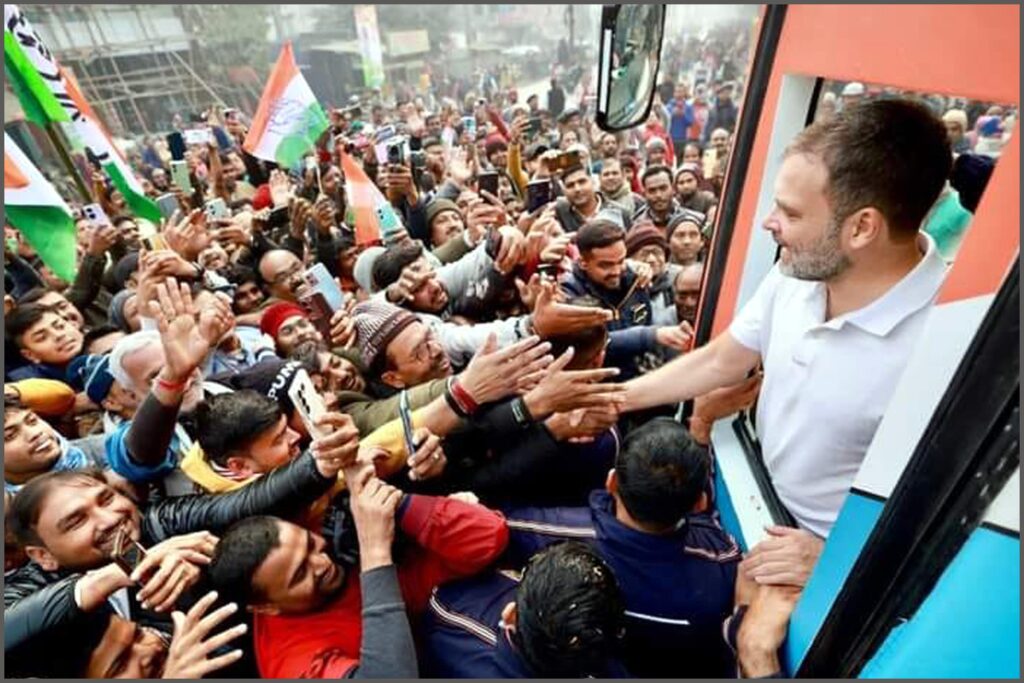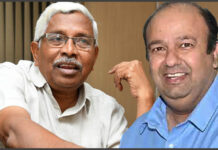
Written by: Ashok Swain- Professor of Peace and Conflict Research
The current general elections of 2024, which involve nearly 970 million people, representing over 12% of the global population, are a remarkable exercise in democracy spanning 44 days, culminating in the announcement of results on June 4th. The magnitude of this electoral process is unparalleled worldwide.
The incumbent government, led by nationalist parties, faces a formidable challenge from diverse opposition alliances attempting to gain ground under the informal leadership of Rahul Gandhi. India’s strength lies fundamentally in democracy and secularism. These principles, when combined, form the basis of India’s identity, fostering social cohesion, equality, justice, and pluralism, shaping its populace for social progress.
In a diverse country like India, still relatively young in its state-building efforts, the need for vigilant leadership for its development, stability, and the well-being of its citizens cannot be overstated.
Rahul Gandhi, leading the campaign to change the current government, both praises and criticizes his leadership style and thinking. However, there are compelling reasons to endorse the need for a leader like him in India.
Grassroots Politics
Firstly, Rahul Gandhi’s leadership style is primarily focused on inclusivity and empathy. He continues to advocate for empowering marginalized communities, bridging social and economic disparities, and promoting unity among diverse groups. In a country as diverse as India, with its myriad cultures, languages, and religions, comprehensive leadership is essential to foster a sense of belonging and national unity. Rahul Gandhi’s holistic approach to politics goes beyond mere rhetoric: he strives to empower marginalized groups, advocate for their rights and opportunities. By prioritizing inclusion, his goal is to eliminate disparities between privileged and marginalized individuals, fostering a society where every individual, regardless of background, has a voice and stake in the nation’s progress.
Differences and Dissent
Rahul Gandhi has expressed a willingness to engage in constructive dialogue and debate on critical issues facing the nation. His efforts to hold the government accountable through parliamentary actions, press conferences, public rallies, long marches, and social media endeavors demonstrate a commitment to democratic values and principles. In a democracy like India, where differences of opinion and diverse perspectives are integral, engaging in dialogue is essential to finding sustainable solutions to complex issues.
Investment in Progressive Policies
Rahul Gandhi’s advocacy for progressive policies, such as education, healthcare, and greater environmental sustainability, resonates with many Indians, particularly the aspirations of the youth. As India strives to position itself as a global leader in the 21st century, long-term investment in human capital and sustainable development is imperative. Recognizing education and health as fundamental pillars of a prosperous society, as Rahul Gandhi does, is not only a moral imperative but also an economic necessity.
While opinions may differ on Rahul Gandhi as a politician, his style and perspective resonate with many who seek a more egalitarian, inclusive, and sustainable future for India. Whether he becomes Prime Minister of India in June 2024 or not remains to be seen, but his significant presence in the political landscape is vital for democracy and the continuity of India’s national development projects.
(Disclaimer: This article is presented as a theory, and agreement with its contents is not necessary.)





